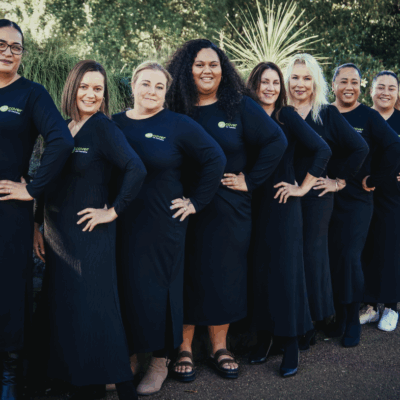Small investors target ‘hands off’ SMEs
New Zealand’s low yield investment environment and the cannibalisation of growth companies by overseas equity firms are two trends driving an increase in inquiries from mom and pop investors who […]
New Zealand’s low yield investment environment and the cannibalisation of growth companies by overseas equity firms are two trends driving an increase in inquiries from mom and pop investors who want to put their money in smaller local businesses.
CEO of ABC Business Sales, Chris Small, says that while he despairs at the pace promising Kiwi companies are going to overseas equity firms, it is encouraging to note that the trend is also creating an awareness of small and medium enterprises as an investment category.
“I suspect it is because so many traditional investment options like property, shares and cash are not offering Kiwis the returns they once did – particularly for those who have to live off the interest of their capital. Buying a 20 or 30 percent stake in a business can return three times the multiple earnings before interest and taxes (EBIT). That in many cases is a 33 percent return versus 1.5 percent from the bank.
“We’re also seeing more consortia of investors, where mom and pop investors get together to put their money in a business. Some of these we at ABC Business Sales will put together, and some happen organically, where people come together to buy into a managed business – it’s ‘hands off’. For example, a consortium of investors might buy a business for $3 million which comes with a manager and a governing board that the GM reports to.”
Small said the consortium option reduces risk in the eyes of many. “I would advise people who are considering investing in a small business to avoid businesses that are not currently profitable. It must be making money now. Future promise, in this segment, is highly risky.”
Small said the proliferation of overseas equity funds buying up high growth companies, such as the recent purchase of Hellers by an Australian private equity firm, is indicative of a shift in how start-ups are changing their exit strategy.
“Listing comes with a whole lot of cumbersome disclosure requirements which are fairly onerous and expensive. Selling to a private equity firm is simple, but it does mean that control and profits go offshore.
“The positive is that locals have taken note of what the overseas private equity businesses are doing, in particular the significant returns that private equity investments achieve compared to many others.”
Mom and pop investors considering investing in a small business should take on board the following tips, he says:
Trading period 3-5 years – “Look for companies that have been trading for at least three to five years,” Small said.
History of consistency – The company should also be able to demonstrate a history of maintainable earnings, of consistent profit over time.
Aim for a re-occurring, contractual model – “If possible, select as an investment a company that has recurring and contractual revenue. For example, Xero’s revenue is recurring and contractual because it is subscription based. The more solid and robust the revenue is, the better for you. Consistent earnings are what can pay you a significant dividend.”
High growth isn’t always the best – “A high growth company is one that is growing, not necessarily providing consistent earnings. High growth means they will be doubling staff and doubling debtors and that is doubling the risk.”
Choose potatoes – Small said another criterion to consider when investing in a small business is whether they sell something that is a necessity, like potatoes, or something that is discretionary, like perfume. “Go for companies that sell products and services that are the necessities that we can’t do without.”
Small also said people who want to invest in a business should get expert advice first, in particular to assess their appetite for risk. “By investing in a local business you’re investing in New Zealand’s future. If we can slow the sale of local businesses to offshore equity firms, we keep the dividends in New Zealand, which means more jobs and a tax contribution that is good for New Zealand.
“There’s a feel-good factor to investing in local companies because you’re establishing a legacy for New Zealand.”





